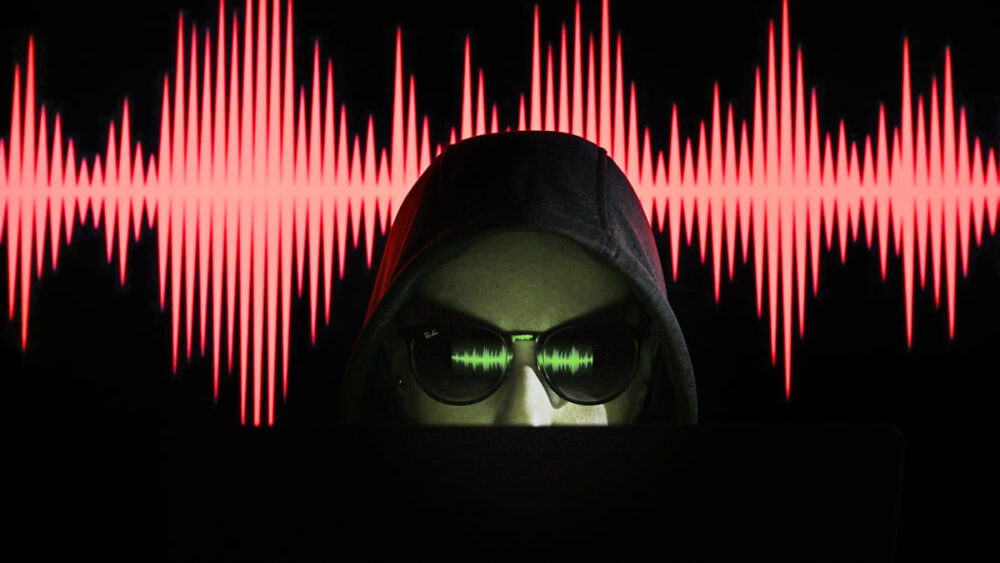Russian Government Proposes Using Biometric Voice Data to Combat Phone Scams
The Russian government is planning to collect voice biometrics of individuals suspected of illegal activities as a new measure to fight phone scammers, according to a report by “Kommersant.” Notably, consent will not be required for the collection of these biometric data.
The plan involves accumulating this data on a unified anti-fraud platform, where government agencies and internet industry participants will share information about fraudulent activities. The Ministry of Digital Development is already working on additional anti-fraud measures, including the collection and storage of voice vectors from suspected scammers on this centralized platform. This initiative is part of a package of anti-fraud amendments being prepared for laws such as “On Communications” and “On Information, Information Technologies…” among others.
The document emphasizes that consent is not required for collecting biometric data from “individuals who have committed fraud using communication networks.” More than 6 billion rubles are expected to be allocated for the unified online anti-fraud platform, with a test launch planned for 2025 and full deployment in 2026.
Government and municipal authorities, the Central Bank, telecom operators, hosting providers, social networks, marketplaces, and citizens will be able to submit information about violations to the platform. The document states that the Central Bank, law enforcement agencies, federal authorities, and other organizations will have access to this information.
How the System Will Work
It is expected that AI systems operated by telecom companies will analyze calls for keywords commonly used by scammers and compare the caller’s voice with the stored voice vectors. “If key words are detected or there is a voice match, the system will warn the subscriber that they are speaking with a scammer,” a source familiar with the initiative told the publication.
The Ministry of Digital Development noted that this is not the final version of the document and that “it is too early to discuss details.” However, the agency confirmed that discussions are underway regarding the creation of a database of all scammer phone numbers and the formation of a voice vector database.
The office of Deputy Prime Minister Dmitry Grigorenko clarified that, in the government’s view, scammers are “those who have previously attracted the attention of competent authorities for illegal activities.”
Industry Response and Technical Challenges
Telecom operators described the potential use of scammer voice vectors as “promising.” Representatives from VimpelCom noted that analyzing voice vectors is a complex technical challenge. T2 stated that, technically, operators could implement such systems to identify scammers during calls using signatures and patterns. MegaFon representatives pointed out that continuous online analysis of all phone calls would require significant investment in computing infrastructure from operators.



